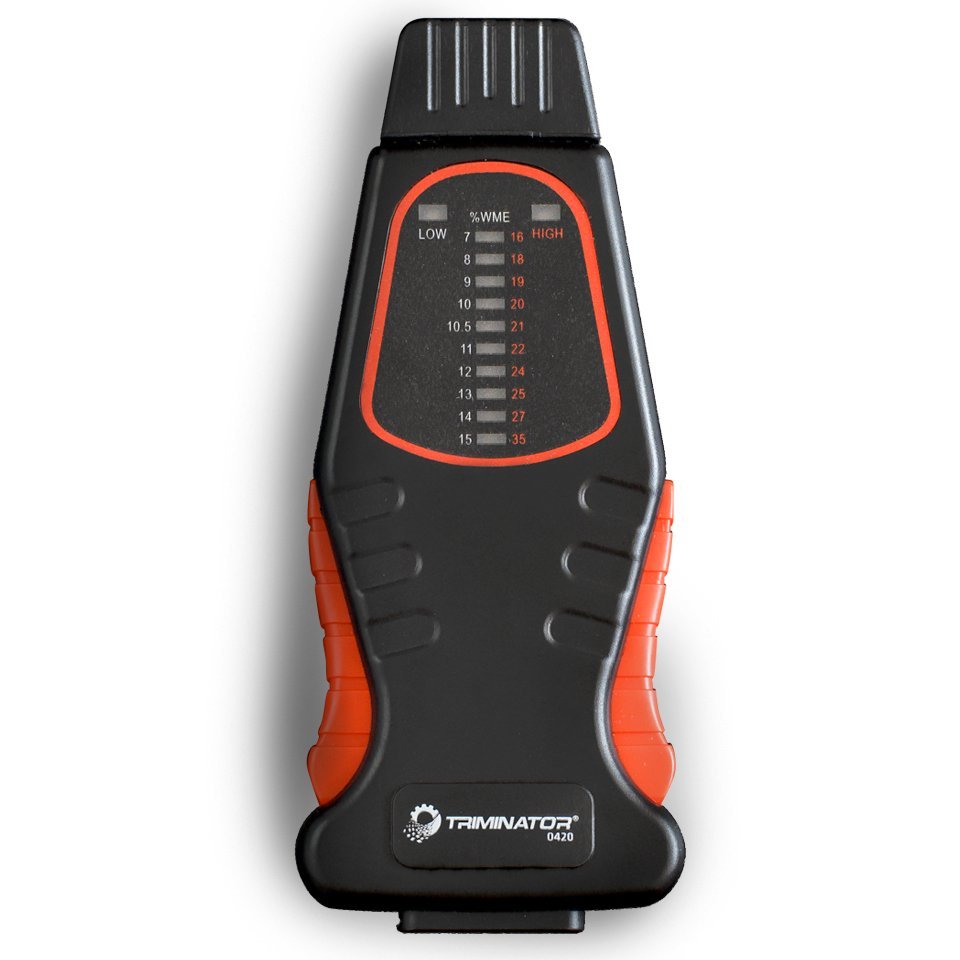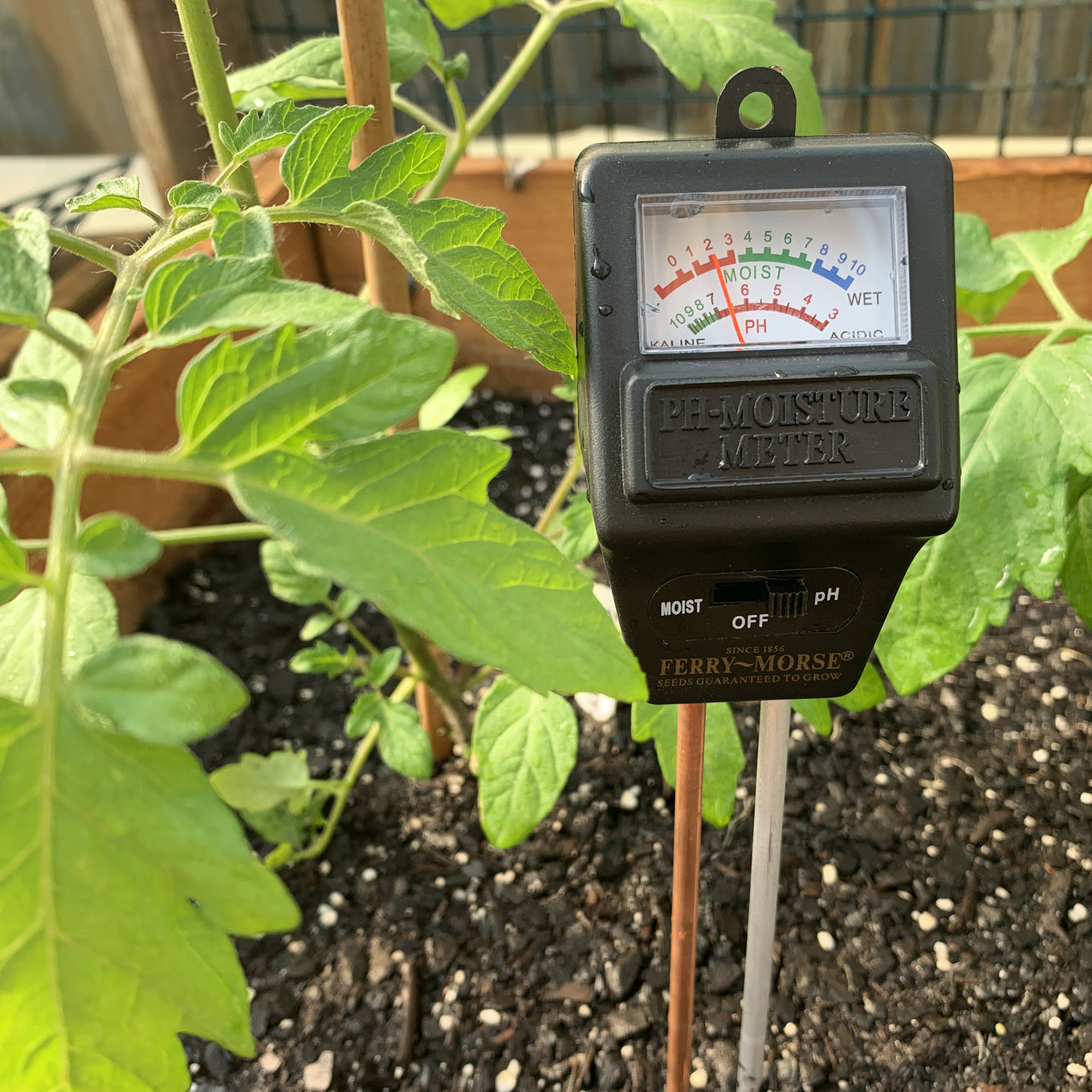The Ultimate Guide to Moisture Meters: A Comprehensive Summary and How They Can Save You Cash
In the world of building maintenance, construction, and various sectors, the relevance of precisely determining moisture degrees can not be overemphasized. Wetness meters function as indispensable devices in identifying and checking moisture material in materials, assisting in stopping costly problems and making sure the quality of items. Comprehending the subtleties of different kinds of wetness meters, their applications, and the potential cost-saving advantages they provide can be a game-changer for professionals and services alike. Discovering exactly how these gadgets can not only simplify procedures however additionally add to economic cost savings is a trip worth getting started on.
Types of Moisture Meters
One typical kind is the pin-type dampness meter, which determines the electric resistance in between 2 pins inserted into a material. Pinless dampness meters, on the various other hand, use electromagnetic sensor plates to check a bigger area without causing damage to the material's surface.
Infrared wetness meters determine the thermal homes of a material to identify its moisture content non-invasively, making them valuable for applications where pin or pinless meters might not be appropriate. Understanding the various types of wetness meters available can help sectors select the most appropriate tool for their details moisture dimension requirements.

Benefits of Making Use Of Moisture Meters

In addition, using wetness meters can cause raised power efficiency. By identifying areas with high wetness degrees, such as leakages or inadequate insulation, changes can be made to improve energy conservation and minimize energy expenses. In farming setups, dampness meters play an essential function in enhancing plant yields by allowing farmers to keep an eye on dirt dampness degrees and make educated watering choices. Generally, the benefits of making use of moisture meters span across various industries, providing cost-effective services and promoting better quality control practices.
How to Pick the Right Moisture Meter
Picking the ideal dampness meter includes considering vital aspects such as material compatibility, dimension array, and calibration accuracy. When picking a wetness meter, it's important to guarantee that the meter appropriates for the certain material you will certainly be testing. Various products have differing electric residential properties that can influence wetness readings, so picking a meter designed for your product is important for browse around these guys accurate outcomes. Additionally, think about the measurement series of the wetness meter. Guarantee that the meter can detect wetness degrees within the range needed for your applications. Calibration accuracy is an additional important variable to remember (Moisture Meter). Decide for a moisture meter with reliable calibration to make sure precise and constant analyses. Some meters may need periodic calibration changes, so understanding the calibration procedure is necessary. By thoroughly reviewing these factors, you can choose a dampness meter that meets your requirements and gives accurate moisture measurements for your jobs.
Correct Strategies for Moisture Meter Use
To guarantee exact wetness readings and make the most of the performance of a wetness meter, employing proper strategies is necessary. When using a pin-type dampness meter, insert the pins or probes right into the material being examined up until they make complete contact. By adhering to these proper strategies, individuals can rely on their wetness meter to provide credible dampness levels, assisting in avoiding expensive damage or making certain quality in numerous applications.

Cost Savings Through Moisture Meter Applications
How can the calculated application of dampness meters lead to significant cost savings throughout numerous sectors? In the farming industry, moisture meters aid in identifying the optimal time for collecting crops, avoiding over-drying or excess wetness that can affect the final product's high quality.

Additionally, in the food processing industry, moisture meters are vital for keeping an eye on item high quality and making sure compliance with security policies. By accurately measuring dampness material in foodstuff, makers can avoid putridity, maintain quality, and lower waste, causing considerable cost financial savings. On the whole, the critical application of wetness meters is an important investment that can lead to significant expense decreases and boosted effectiveness across numerous markets.
Conclusion
To conclude, dampness meters are important tools for detecting and gauging dampness degrees in various products. By utilizing the appropriate dampness meter and complying with proper methods, users can properly avoid pricey damages caused by excess wetness. Spending in a quality wetness meter can lead to substantial pop over here cost financial savings in the future by determining potential problems early on and making it possible for prompt remediation. Inevitably, moisture meters are crucial instruments for keeping the stability and long life of products and structures.
Moisture meters offer as essential tools in spotting and checking moisture material in products, aiding in preventing costly damages and making certain the quality of products. Infrared wetness meters determine the thermal residential or commercial properties of a material to identify its wetness material non-invasively, making them beneficial for applications where pin or pinless meters might not be suitable.Dampness meters use invaluable advantages in accurately keeping track of and evaluating wetness levels in diverse materials and environments. In farming setups, wetness meters play a vital function in enhancing plant yields by enabling farmers to keep track of soil dampness degrees and make notified irrigation decisions.In verdict, dampness meters are beneficial devices for finding and determining dampness degrees in different materials.